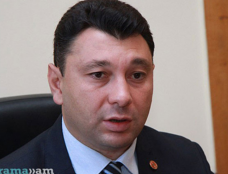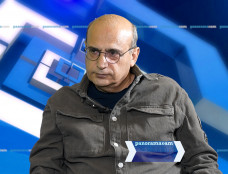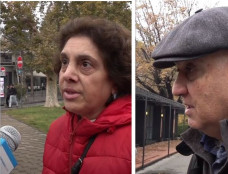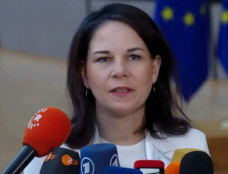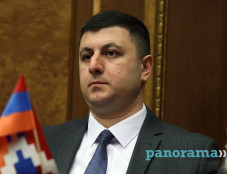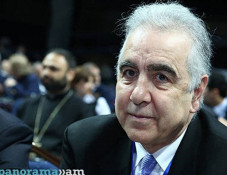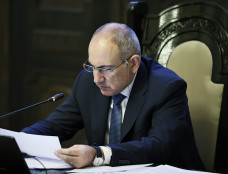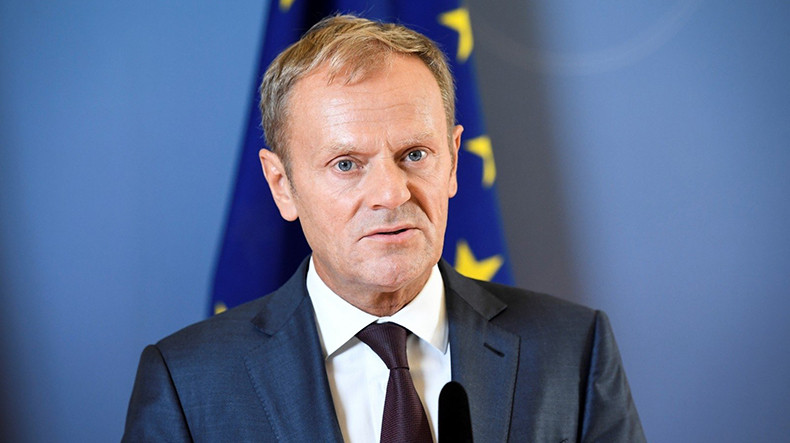
It's up to you to sort out Brexit impasse, Donald Tusk tells Theresa May
Theresa May has been told by Donald Tusk that it is her job to find a solution to the Brexit impasse during what sources have described as an “open and frank” 45-minute phone call in the wake of her demands for a renegotiation, The Guardian said.
The European council president warned the prime minister that a precondition for any further talks was a concrete plan from Downing Street that could clearly command the support of parliament.
She in turn insisted to the EU’s most senior official that parliament had highlighted the issue that needed to be addressed in its vote on the so-called Brady amendment on Tuesday evening. But the EU source said May then subsequently failed to offer any proposals during the conversation.
Tusk is understood to have replied that the prime minister could not expect Brussels to come to her rescue with a solution. EU officials and leaders are increasingly concerned that Downing Street is seeking to blame Brussels for their failures.
After the call, which overran as the two leaders grappled over the next steps in the talks, Tusk tweeted: “My message to PM Theresa May: the EU position is clear and consistent. The withdrawal agreement is not open for renegotiation. Yesterday, we found out what the UK doesn’t want. But we still don’t know what the UK does want.”
There are no talks yet planned in Brussels, although the prime minister told Tusk that a face-to-face meeting would be useful in the coming days.
The call came just hours after Michel Barnier, the EU’s chief negotiator, accused May of distancing herself from her own Brexit deal as the EU steadfastly rejected each of the demands the prime minister made in parliament on Tuesday evening over the Irish backstop.
On Tuesday night, May celebrated the passing of the amendment tabled by Sir Graham Brady sending her back to Brussels to replace the Irish backstop solution for avoiding a hard border on the island of Ireland.
May said the vote would send a clear message to Brussels about what parliament needed for it to support the withdrawal agreement, citing the need for a time-limit or unilateral exit mechanism from the custom union that is envisaged within it.
Newsfeed
Videos





